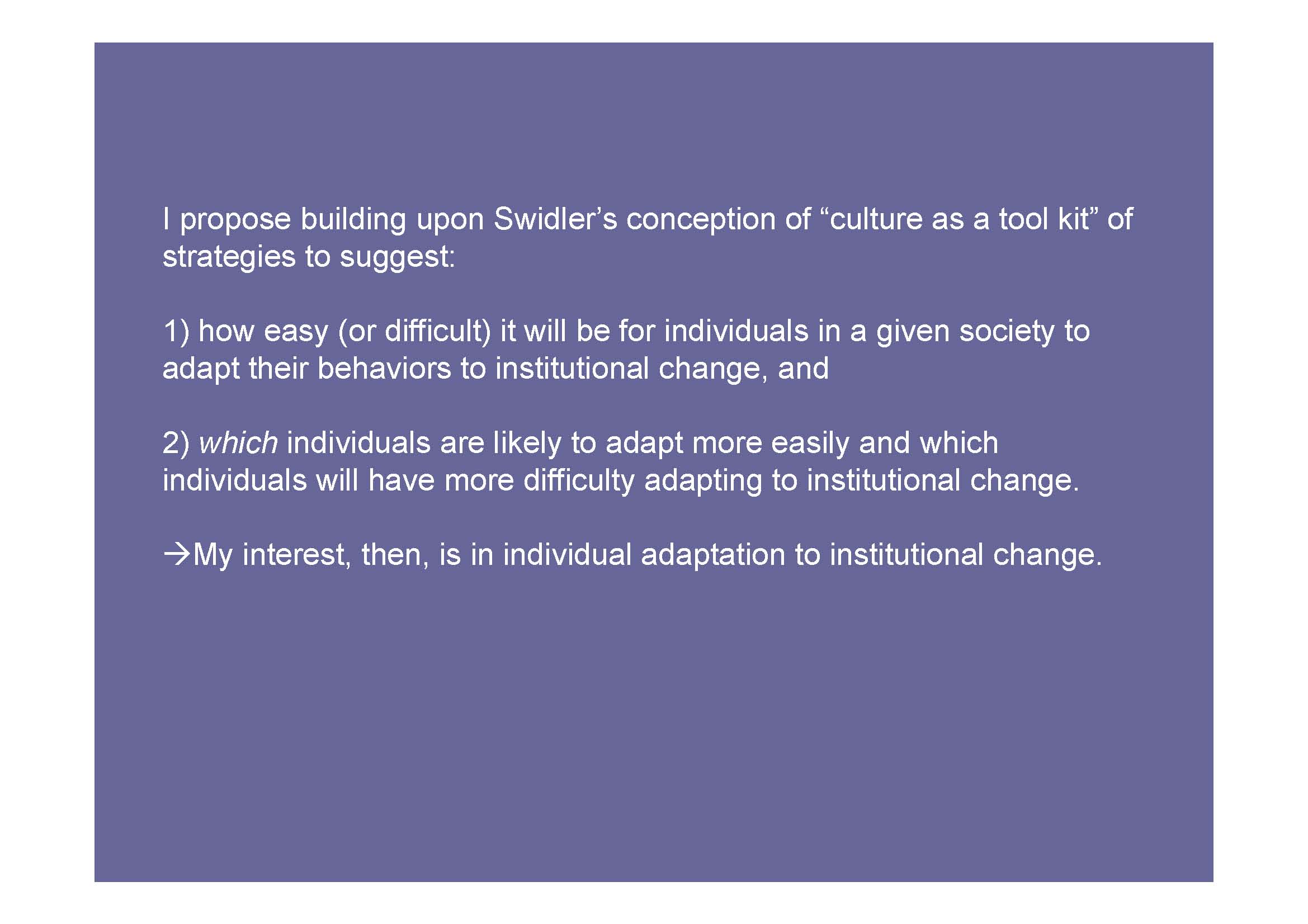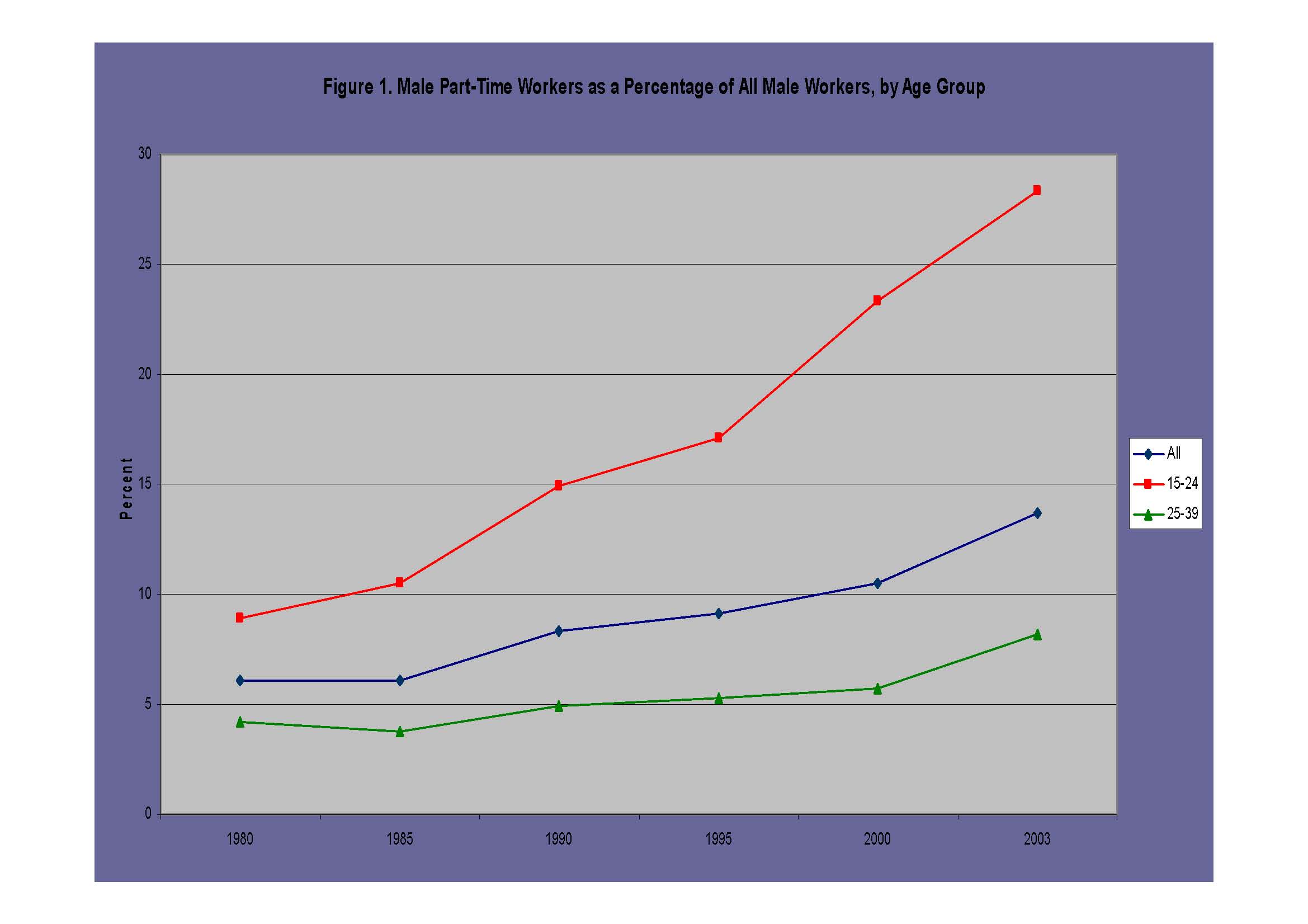



Mary C. Brinton
(Harvard University)
Analyzing choices and preferences during rapid institutional change: Young people in the Japanese labor market




Rapid institutional change introduces new uncertainties in the environment. In these circumstances, it becomes more difficult to analyze individuals’ preferences. This is because individuals face new difficulties understanding the structure of opportunities and constraints they face, given that these are being altered substantially. The transition to a new institutional equilibrium introduces a new level of uncertainty regarding not only which choices are rational (leading to a desired end), but also which choices will be normatively acceptable and even individually desirable. The difficulty of interpreting whether individuals are exercising their “true” preferences or are instead responding as best they can to muddled signals in the environment has important consequences for institutional design and policy formation. This paper explores these ideas in the context of changing employment relations in Japan and the difficulties they pose for the younger generation and for government policy.